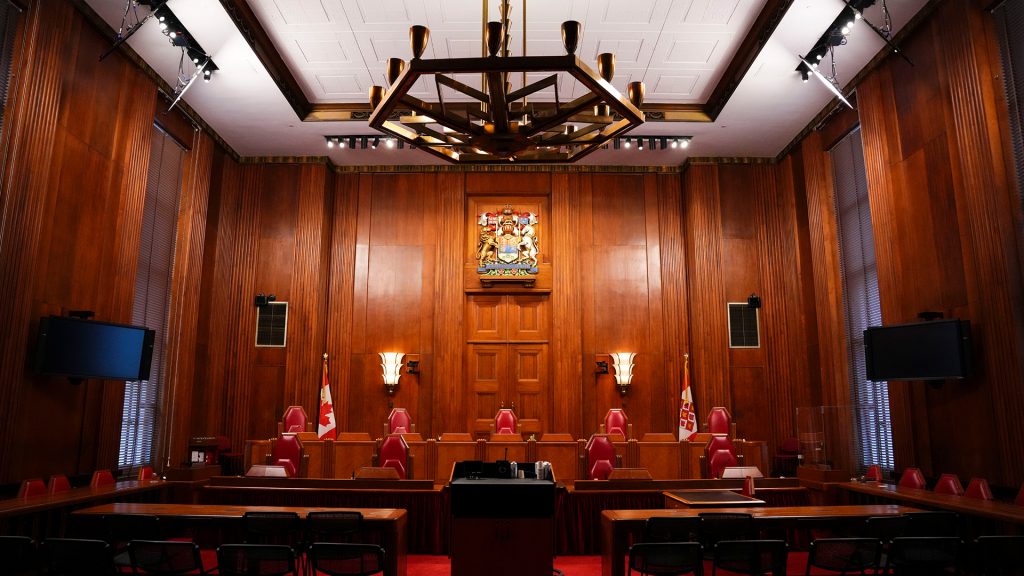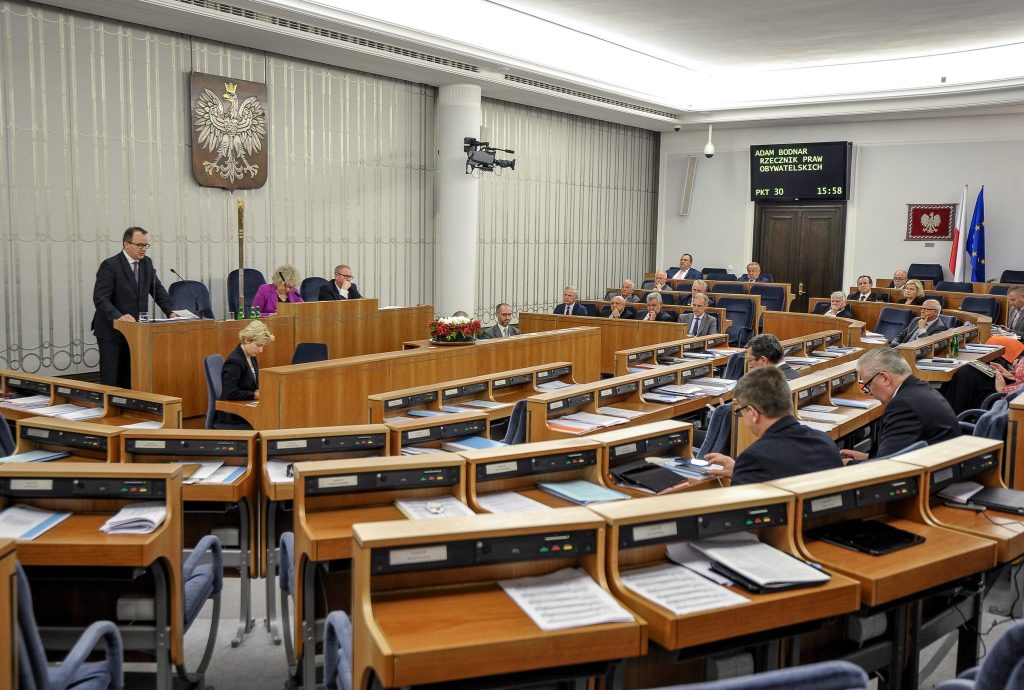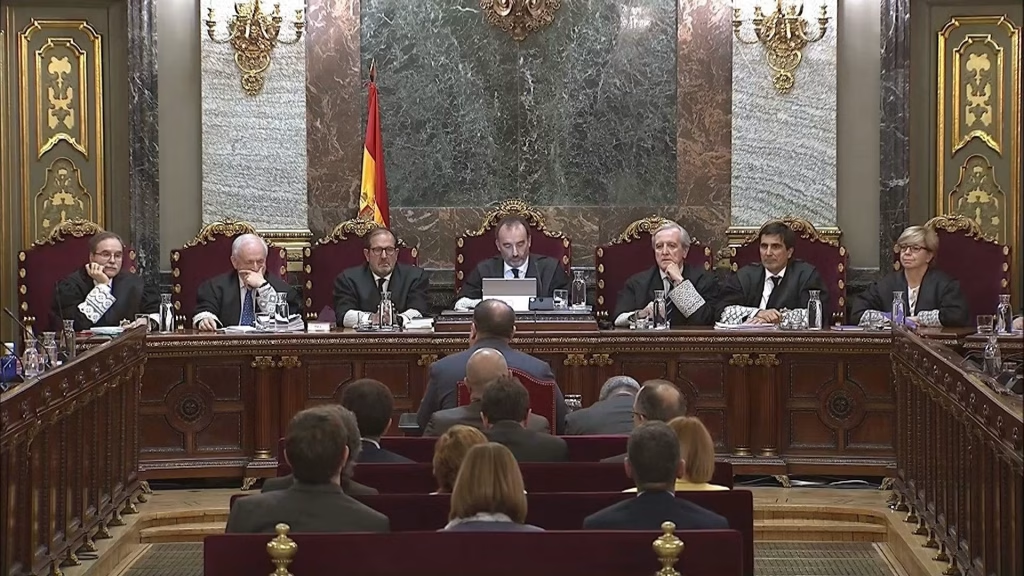By admin
If you’re a U.S. citizen residing in Poland and seeking to bring a close family member to the United States, you may be eligible for a significantly faster process than the standard USCIS route. Under specific circumstances, Direct Consular Filing (DCF) may be available through the U.S. Embassy in Warsaw — providing a much quicker path to file Form I-130, particularly when urgent or exceptional situations arise.
While DCF is not available for routine family-based immigration petitions, the U.S. Embassy in Warsaw accepts DCF requests on a case-by-case basis, depending on qualifying exceptional circumstances.
Important note: immigrant visas to the United States are processed for citizens and residents of Poland as well as Belarus, and Russia at the U.S. Embassy in Warsaw.
What Is Direct Consular Filing (DCF)?
According to 9 FAM 504.2-2(A) (U), immigrant visas generally require an approved petition from DHS before issuance — unless the petition is accepted and approved at a U.S. consular post abroad. That is precisely what Direct Consular Filing allows: U.S. citizens who meet certain conditions may file Form I-130, Petition for Alien Relative, directly with the U.S. embassy overseas, bypassing the lengthy USCIS service center process.
DCF often reduces processing time dramatically — from a year or more to just a few weeks or months. In Poland, this option is available only in urgent or exceptional cases, and all requests are reviewed individually by the U.S. Embassy in Warsaw.
Initiating a DCF Request in Poland
To initiate the DCF process, contact the Immigrant Visa Unit at the U.S. Embassy in Warsaw. This communication serves as your formal request to file the I-130 petition locally instead of through USCIS in the United States.
Each DCF request must clearly specify the exceptional circumstance and provide compelling supporting documentation. If the DCF request is approved, the petitioner is invited to attend an in-person appointment at the embassy to submit the paper Form I-130 and all supporting documentation.
Recognized Exceptional Circumstances
The U.S. Embassy in Warsaw considers DCF under the following types of cases:
- Military emergencies
- Medical emergencies
- Threats to personal safety
- “Aging out” concerns (child nearing age 21)
- Recent naturalization of petitioner
- Adoption of a child
- Short-notice job relocations
- U.S. military personnel stationed in Poland
- Widow(er) of a U.S. citizen self-petitioning
Be prepared to provide documentation proving your situation qualifies under one of these categories.
Payment of the I-130 Filing Fee
You must pay the $675 filing fee using Polish zloty or a credit card at the cashier window.
Key note: Applicants issued immigrant visas overseas must pay a $235.00 USCIS Immigrant Fee before travelling to the United States.
Embassy Review Process
After submitting your DCF request to the U.S. Embassy in Warsaw, expect a response within 3 to 5 business days.
For U.S. Military Families in Poland
If you’re stationed in Poland — such as in Poznań, Lublin, or Kraków — DCF may be a practical and timely solution for your family’s immigration needs. The U.S. Embassy recognizes military personnel as eligible for this process. Whether facing deployment or relocation, DCF can reduce stress and minimize family separation during high-demand times.
For Short-Notice Employment Relocations
If you’ve received an urgent job offer or transfer to the U.S., DCF may allow your family to move with you on time. Qualifying documentation includes:
- A formal offer letter with a clear start date
- Proof of urgent need from your employer
- Relevant emails or internal memos showing the timeline
This is particularly useful for professionals in government, tech, medicine, or executive positions, where delays could have serious implications.
For Humanitarian and Emergency-Based Cases
DCF may also apply to U.S. citizens and their relatives facing medical emergencies or safety threats. Examples include:
- Serious illness or disability of the petitioner or beneficiary
- Risk of harm due to domestic violence, war, or persecution
Evidence can include:
- Doctor letters, hospital reports, or medical diagnostics
- Police documentation or restraining orders
- Testimonies from legal advocates or humanitarian organizations
DCF was created for exactly these types of scenarios — where waiting is not an option.
For Russians and Belarusians
The U.S. Embassy in Warsaw processes immigrant visas for citizens and residents of Poland, Belarus and Russia.
If you are a Russian immigrant visa applicant and have not yet received an appointment notice for an interview from the National Visa Center (NVC), when you are eligible NVC will send you an appointment notice for an interview in the U.S. Embassy in Warsaw (not U.S. Embassy Moscow).
How We Can Help You
At Blue Lake Law, we have experience guiding clients through the DCF process at the U.S. Embassy in Warsaw. Whether you’re facing a military deployment, emergency relocation, or a humanitarian crisis, we understand how critical speed and precision are to your case.
We’ll help you determine your eligibility, gather the required documentation, and navigate the fee payment process — ensuring that your petition is submitted correctly and efficiently.
Contact us today to explore whether DCF is the right path for your family.
Expert advice on US immigration
Contact us today for our advice on US immigration – we aim to be back in touch within one working day.







